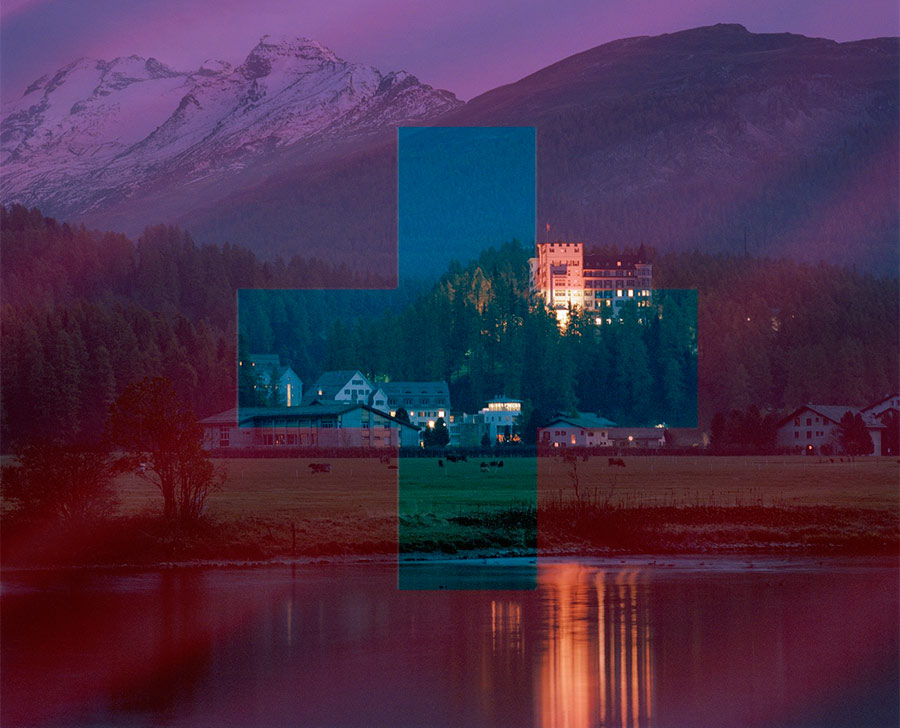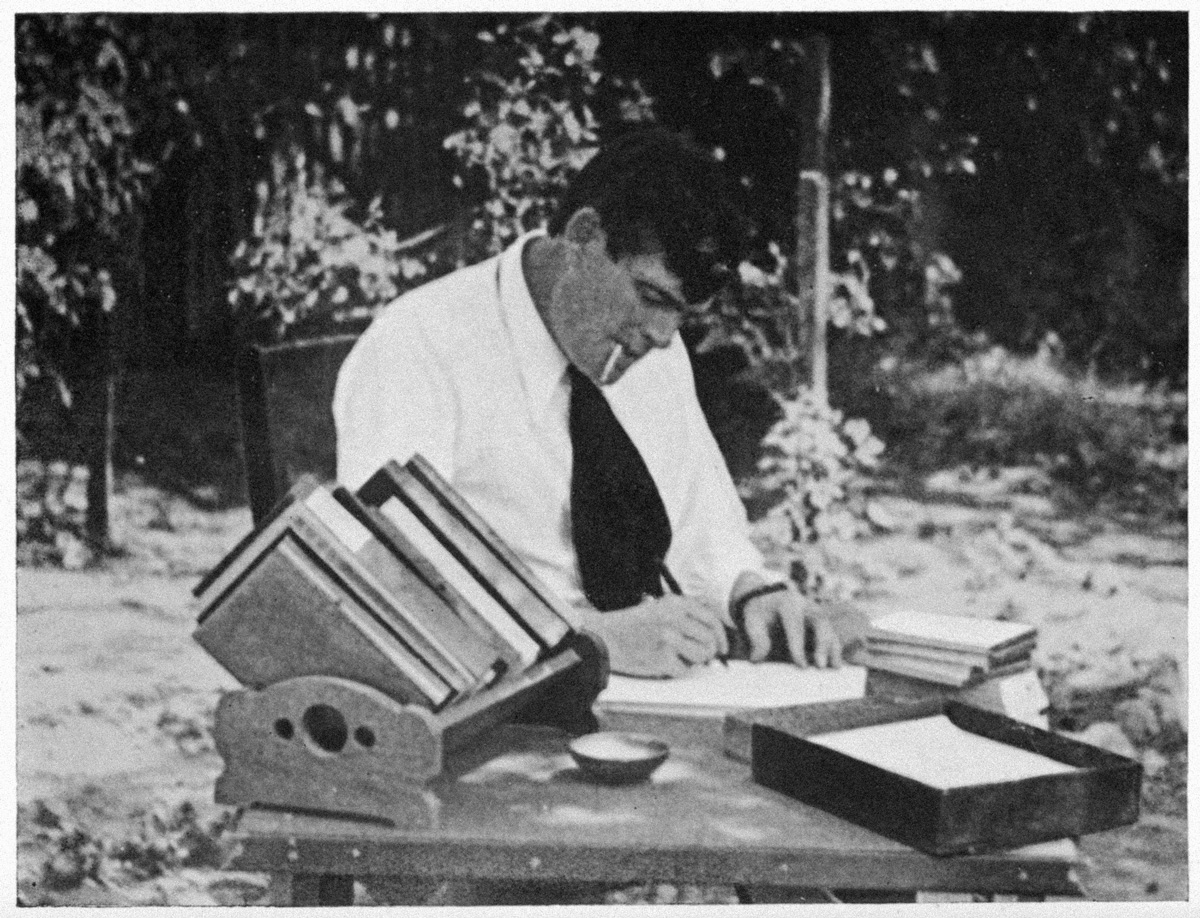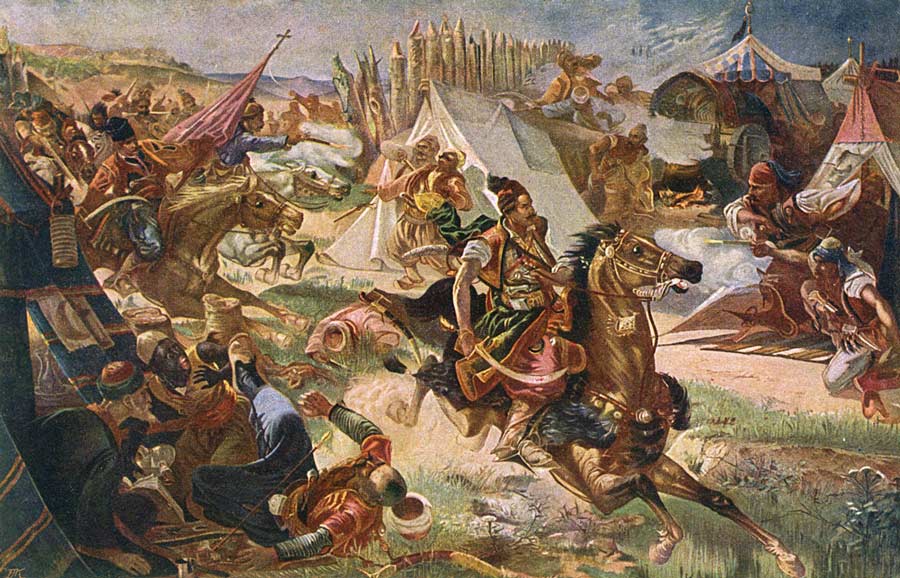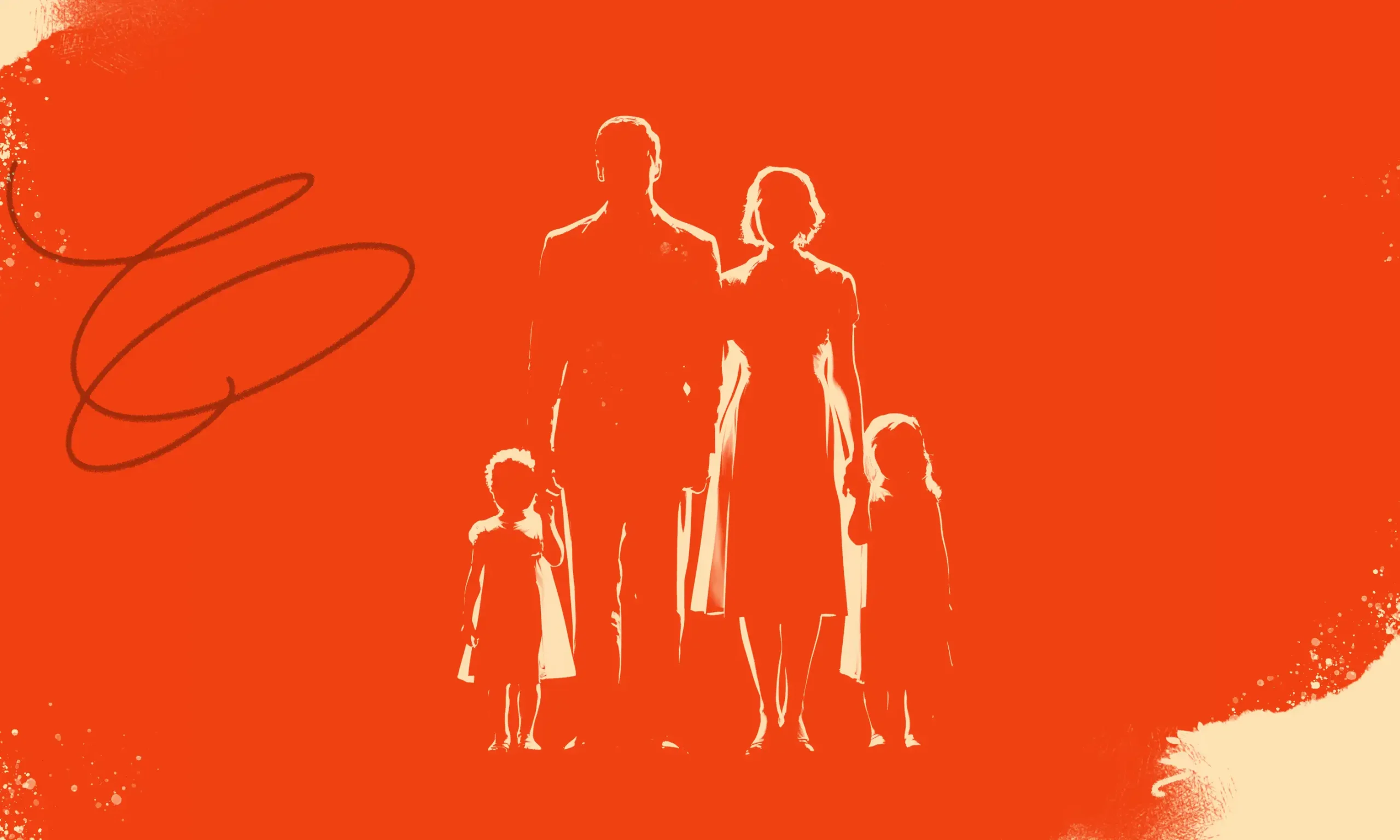Read this article in Serbian
A visit to an old palace in the Engadine valley offers unsuspected opportunities to admire and love Switzerland, for all the reasons we, unfortunately, no longer think of.
For about 30 years, my compatriots have adopted a jingoistic spirit. Swiss flags, nonexistent in my childhood except on license plates, are now everywhere. They even draw them in powdered sugar on choclate cakes. The 1992 popular vote rejecting our accession to the the EU indeed marked the birth of this type of loud and agitated patriotism, previously unknown in our lands, called nationalism. These vociferous emotions seemed obscene to me in my country, which, among its privileges, had always refused to be a nation. That is, we had not realized our unity in blood. When all our neighbors were forming in the face of formidable external or internal constraints, modern Switzerland was built thanks to its neighbors, without shedding blood or almost. Napoleon granted us our first constitution. His Act of Mediation of 1803 guaranteed the young state, which “nature has made federal,” a unique, protected, and guaranteed place among the most quarrelsome nations on the continent. In this simultaneously dangerous and privileged situation, perched on a pile of arid and impassable rocks and collecting the income from the most profitable toll in Europe, Switzerland grew for a long time in the benevolent shadow of its neighbors. It knew how to take advantage of their passage, their industry, and their intellectual or monetary exiles. Always staying away from the bloodshed that pitted princes against each other, keeping in memory the painful recollection of having sparked the religious wars that almost made it vanish, Switzerland thus arrived in 1945 without suffering losses and more prosperous than ever. And without ever boasting, leaving that dubious sport to all those around who constantly dreamed of revenge.
The ingenious and cynical policy pursued during the Second World War offered Switzerland the most extraordinary communication campaign imaginable, whose slogan could have been: “When the whole continent throws itself into the pits of hell, the Swiss politely stay at the door.” This manifestation of respect for the spirit, not the letter, of armed neutrality allowed the country to attract capital from around the world. Nothing could be safer, more stable, and more discreet than Switzerland. This capital provided the Swiss with extraordinary economic growth. Banking secrecy allowed this capital to circulate freely, escaping foreign tax authorities to lubricate the Swiss industrial machinery. Devoid of natural resources and maritime access but endowed with a central and impregnable position, Switzerland, for almost two centuries, made prudence, discretion, and calculated observation tools of survival as much as profit. Our political culture was therefore based on an acute awareness of power relations: in this small country where everything comes from abroad, both threat and gold, boasting and complacency were not only suspect, they signified an ignorance of the past as much as the very reasons for our prosperity.
Poštovani, da biste nastavili sa čitanjem naših premium sadržaja, neophodno je da odaberete jedan od planova pretplate.
Već imate nalog? Ulogujte se


















